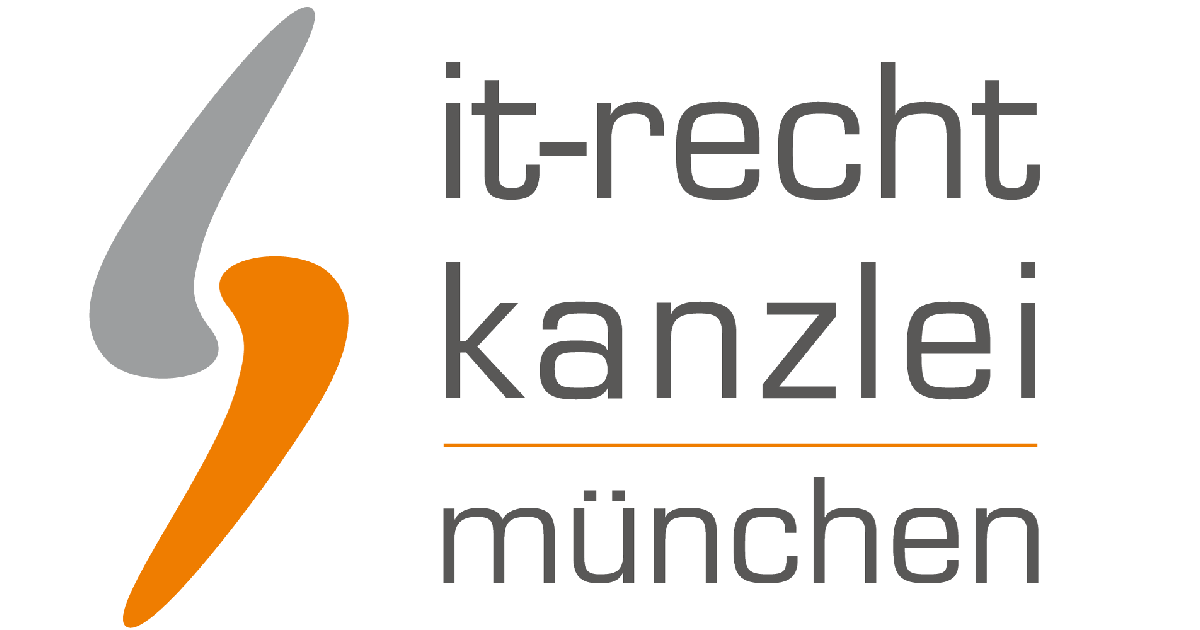According to a decision of the French Supreme Court (Cour de Cassation) of April 13, 2023 (Cour de Cassation, Cass. 1e civ. 13-4-2023 n° 21-23.312 FD), certain regulations on distance selling law may also apply to legal entities under certain circumstances and thus lead to a legal right of withdrawal for a company.
1. Facts
A representative of a telephone company offered a pharmacy over the phone the possibility of concluding a mobile phone contract, which the pharmacy operator accepted. The latter later revoked the conclusion of the mobile phone contract in accordance with consumer law. The telephone company considered the cancellation to be invalid and insisted on compliance with the contract. Since the pharmacy operator did not see this, the telephone company went to the commercial court to sue the pharmacy for payment of the remuneration. The commercial court and the appeal court dealing with the case in second instance upheld the lawsuit. The provisions of consumer law do not apply to contracts between two legal entities.
The court of cassation had to decide whether the defendant pharmacy, as a legal entity, could invoke consumer law and thus the possibility of revocation.
The extended applicability of consumer protection regulations to small businesses under French law (Code de la consommation, Article L 221-3) played a crucial role:
The provisions of sections 2, 3, 6 of this chapter applicable to relations between consumers and professionals, are extended to contracts concluded off-premises between two professionals since the subject of these contracts does not fall within the scope of the activity principal of the professional requested and that the number of employees employed by him is less than or equal to five.
The provisions of Sections 2, 3 and 6 of this Chapter, which apply to relationships between consumers and entrepreneurs, are extended to contracts concluded off-premises between two entrepreneurs, provided that the subject matter of these contracts does not form part of the main activity of the entrepreneur in question and the number of employees it employs is not more than five.
2. Decision of the court
The court of cassation ruled in favor of the defendant pharmacy. In the present case, if there are fewer than five employees, the only thing that needs to be checked is whether the conclusion of the mobile phone contract was part of the pharmacy’s main activity, which the Court of Cassation denied. According to Article L 221-3, the regulations on the right of withdrawal for consumers should therefore be applied to the defendant pharmacy, with the result that it could exceptionally rely on a right of withdrawal.
3. Conclusion
Legal entities established in France may be able to invoke consumer rights in contracts concluded off-premises with another company. If the French company can prove that the contract with an online retailer from Germany is not part of its main activity and if the company employs fewer than five employees, it can rely on French consumer law according to Article L 221-3.
There is no corresponding regulation in German law. According to this, only consumers in Germany can rely on statutory consumer protection regulations.
Tip: Do you have any questions about the article? Please feel free to discuss this with us in the
Entrepreneur group of the IT law firm on Facebook.
